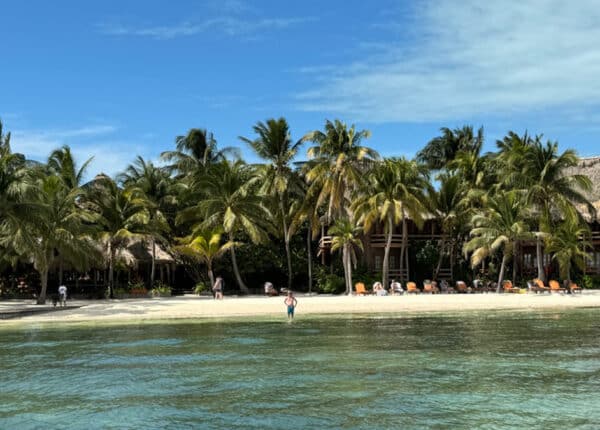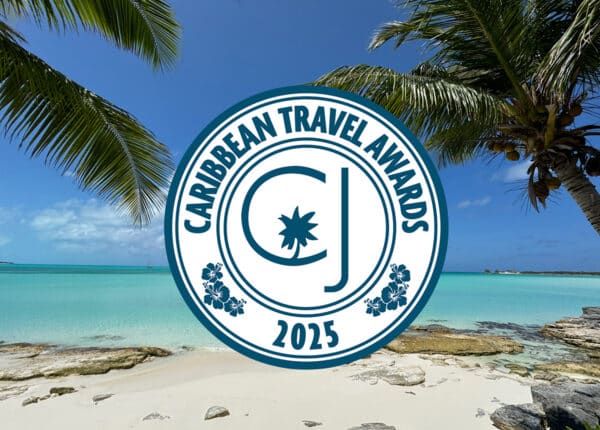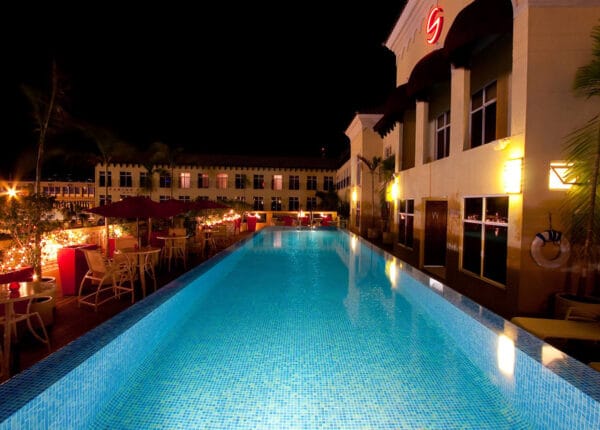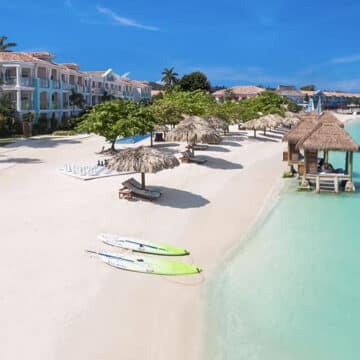Report: Extradition Crisis Damaged Anti-Drug Efforts
By the Caribbean Journal Staff
The latest International Narcotics Control Strategy Report (INCSR) compiled by the U.S. State Department showed Jamaica continuing to be the largest Caribbean supplier of marijuana to America. It also made several indictments of public corruption and pointed to the Extradition Crisis as a factor in reduced anti-drug efforts.
A series of factors, including organized crime, domestic and international gang activity and endemic police corruption are enabling factors in both production and trafficking, according to the report, which is produced and delivered to the U.S. Congress annually on Mar. 1, prepared in accordance with the Foreign Assistance Act.
Decreased eradication efforts
The INCSR noted that the country’s seizures of narcotics have “generally decreased,” along with marijuana eradication efforts; this has come largely due to budgetary deficits both on the JCF and the Jamaica Defense Force. The reduced anti-drug efforts also come as the country has prioritized both the improvement of natural disaster response and addressing Jamaica’s extremely high murder rate.
According to the report, marijuana can be found in all fourteen parishes of Jamaica; it is grown generally in areas inaccessible to vehicular traffic on small plots. Last year, the eradication of marijuana decreased to the tune of just 447 hectares of cannabis being eradicated in 2010, compared to 633 in 2009.
The INCSR also cited the Jamaican security forces’ commitment of personnel and resources to combatting the widespread violence due to the Christopher Coke arrest as another factor in its reduced anti-marijuana efforts.
Drug-related arrests increased by a whopping 61 percent in 2010. There were 10,255 drug related arrests in Jamaica in 2010, compared to 6.345 the previous year.
Corruption
The report did not hold back in a addressing the problem of corruption. “Corruption of public officials continues to be of major concern to the Government of Jamaica, the U.S. Government and most Jamaicans, the report said. “The law provides penalties for official public corruption; however, corruption is entrenched, widespread, and compounded by a judicial system that is poorly equipped to handle complex criminal prosecutions in a timely manner.”
With that said, Jamaica’s public corruption actually decreased by one measure mentioned in the report. According to the Corruption Perception Index (CPI) that measures public perception of corruption, Jamaica’s CPI actually improved from 99th globally to 87th.
See the full text of the report here






